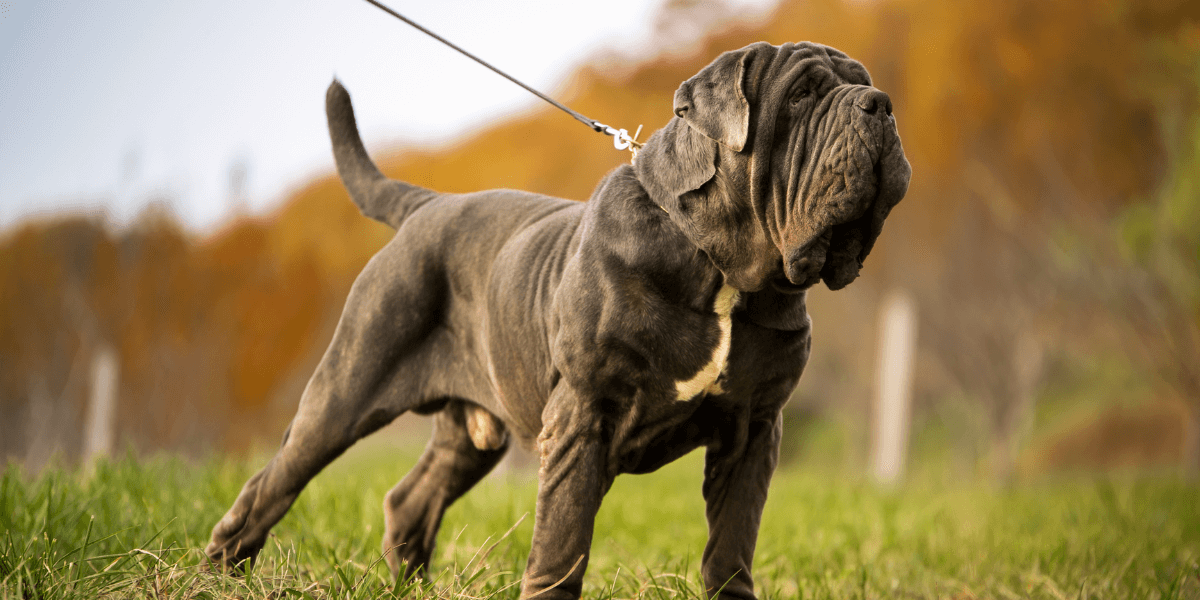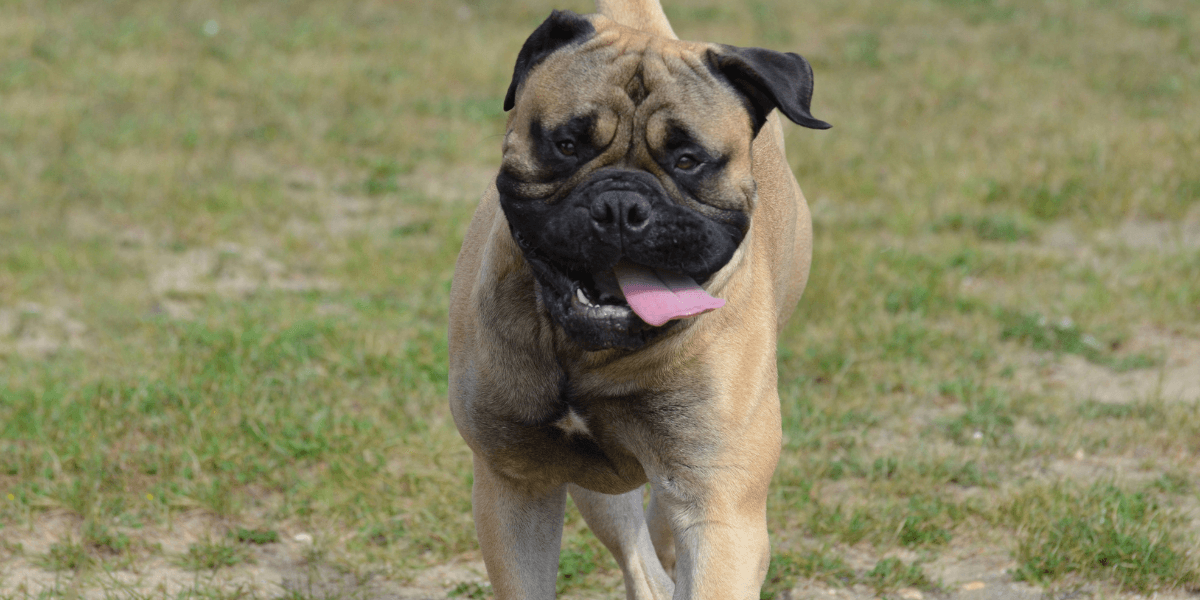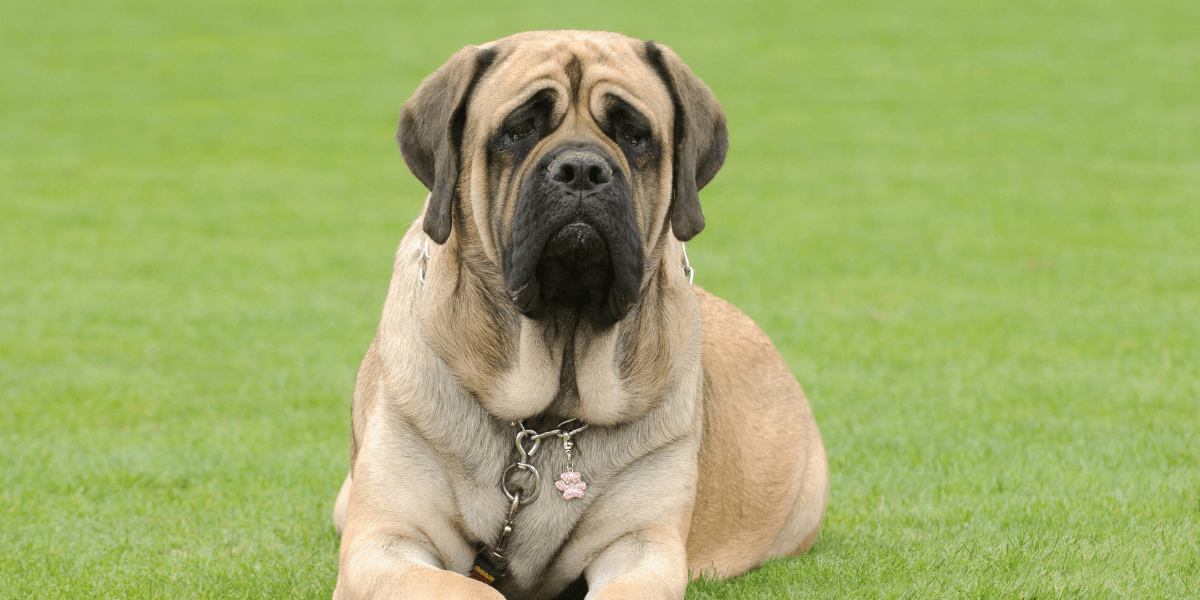Introduction
Understanding Health Concerns for Mastiffs is crucial for their well-being
- Mastiffs are prone to unique health issues due to their size and breed characteristics
- Early detection and proactive care can significantly improve their quality of life
- Regular vet check-ups are essential for monitoring and addressing health issues
- Proper diet and exercise play a key role in maintaining Mastiff health
- Knowing common health problems helps in providing targeted care and prevention
- This guide covers prevention tips and effective care strategies for Mastiffs
- Ensuring your Mastiff’s health can lead to a longer, happier life for your furry friend
1. Hip Dysplasia
Is a genetic condition where the hip joint doesn’t fit into the hip socket properly
Prevention and Care:
- Regular Vet Check-ups: Schedule annual vet visits to monitor joint health
- Maintain Healthy Weight: Excess weight can exacerbate hip dysplasia
- Provide Joint Supplements: Supplements like glucosamine can support joint health
- Exercise: Moderate, low-impact exercises like swimming or walking can help maintain joint health
2. Elbow Dysplasia
Similar to hip dysplasia, involves an abnormal development of the elbow joint
Prevention and Care:
- Early Detection: X-rays can help detect elbow dysplasia early
- Controlled Exercise: Avoid high-impact activities that strain the elbows
- Joint Supplements: Consider supplements like glucosamine to support joint health
- Weight Management: Maintain a healthy weight to reduce stress on the elbows
3. Bloat (Gastric Dilatation-Volvulus)
Is a life-threatening condition where the stomach fills with gas and twists
Prevention and Care:
- Feed Smaller Meals: Divide daily food intake into smaller, more frequent meals
- Avoid Exercise After Eating: Allow at least an hour after meals before engaging in vigorous activities
- Signs to Watch For: Restlessness, a distended abdomen, and difficulty breathing are signs of bloat
- Use Raised Bowls: Elevated feeding bowls can help reduce air intake during meals
4. Heart Disease
Mastiffs are prone to heart conditions like dilated cardiomyopathy
Prevention and Care:
- Regular Vet Check-ups: Early detection through regular exams can help manage heart disease effectively
- Healthy Diet: A diet rich in omega-3 fatty acids and low in sodium can support heart health
- Monitor Symptoms: Watch for signs like coughing, lethargy, and difficulty breathing
- Medication Adherence: Follow your vet’s prescribed medication regimen for optimal heart health
5. Obesity
Often leading to other health problems such as joint issues and heart disease.
Prevention and Care:
- Balanced Diet: Provide a well-balanced diet with appropriate portions
- Regular Exercise: Engage your Mastiff in regular, moderate exercise
- Monitor Weight: Regularly check your dog’s weight and adjust their diet as needed
- Avoid Table Scraps: Prevent extra calories by avoiding feeding table scraps and treats
Learn how to keep your dog healthy and avoid obesity with this detailed guide from WagWalking.
6. Skin Conditions
Mastiffs are susceptible to skin conditions such as infections and allergies
Prevention and Care:
- Regular Grooming: Bathe your Mastiff regularly and clean skin folds to prevent infections
- Check for Allergies: Use hypoallergenic shampoos and consult your vet for allergy testing
- Monitor for Signs: Look for redness, itching, or unusual odors
-
Maintain a Healthy Diet: Feed a diet rich in essential fatty acids to support skin health
7. Eye Conditions
Where the eyelids roll inward, causing irritation.
Prevention and Care:
- Regular Eye Exams: Regular vet check-ups can detect eye problems early
- Eye Hygiene: Keep the eyes clean and consult your vet if you notice any signs of irritation
- Protect from Sun Exposure: Use dog-friendly sun protection to prevent UV-related eye issues
- Prompt Treatment: Seek immediate veterinary attention if you suspect an eye issue
Stay informed about your pup's well-being with our guide on Prevention and Care.
8. Thyroid Disorders
Where the thyroid gland doesn’t produce enough hormones
Prevention and Care:
- Blood Tests: Regular blood tests can detect thyroid issues early
- Medication: Thyroid conditions often require lifelong medication
- Consistent Vet Follow-ups: Regular check-ups ensure proper adjustment of medication
- Monitor Symptoms: Watch for weight gain, lethargy, and changes in coat condition
9. Dental Problems
Large breeds like Mastiffs are prone to dental issues
Prevention and Care:
- Regular Brushing: Brush your Mastiff’s teeth daily to prevent plaque buildup
- Healthy Diet: Feed dental-friendly foods to support overall oral health and reduce plaque
- Dental Check-ups: Schedule regular dental check-ups with your vet
- Dental Chews: Provide dental chews to help reduce plaque and tartar
10. Cancer
Mastiffs have a higher risk of developing certain types of cancer
Prevention and Care:
- Regular Vet Visits: Regular check-ups can help catch cancer early
- Monitor Changes: Watch for unusual lumps, changes in behavior, or sudden weight loss
- Follow Treatment Plans: Adhere to your vet’s treatment recommendations and follow-up care
- Healthy Lifestyle: Maintain a healthy diet and weight to support overall health
FAQs
1. What are common health concerns for Mastiffs?
- Common issues include hip dysplasia and heart problems
2. How can I prevent hip dysplasia in Mastiffs?
- Ensure regular vet check-ups and maintain a healthy weight
3. Are Mastiffs prone to heart disease?
- Yes, Mastiffs are at risk; regular screenings are vital
4. What is the best diet for a Mastiff?
- A balanced diet rich in nutrients supports overall health
5. How often should Mastiffs exercise?
- Regular, moderate exercise helps manage weight and health
6. How can I manage the health concerns for Mastiffs?
- Follow vet advice, ensure proper diet, and regular exercise
7. When should I take my Mastiff to the vet?
- For routine check-ups and if you notice any unusual symptoms
Conclusion
- Addressing Health Concerns for Mastiffs is vital for their overall well-being
- Regular vet visits and monitoring can prevent many common health issues
- A balanced diet and proper exercise contribute to a healthier Mastiff
- Early intervention is key to managing health problems effectively
- Staying informed about breed-specific health issues ensures better care
- Implementing preventive measures can significantly enhance your Mastiff’s life
- Consistent care and attention will lead to a happier, healthier companion
Share this guide to help other Mastiff owners ensure their pets’ well-being
References
For more information:
- The Best Joint Supplements for Dogs with Hip and Joint Pain
- Health Concerns for Mastiffs
- What are the best treatments for dog hip and joint pain?
- 5 Most Common Health Concerns for Mastiffs
- 9 Common Health Problems in Mastiffs – Diseases to Be Aware Of!
Together, we can ensure our furry friends live their best lives!
Thank you!













